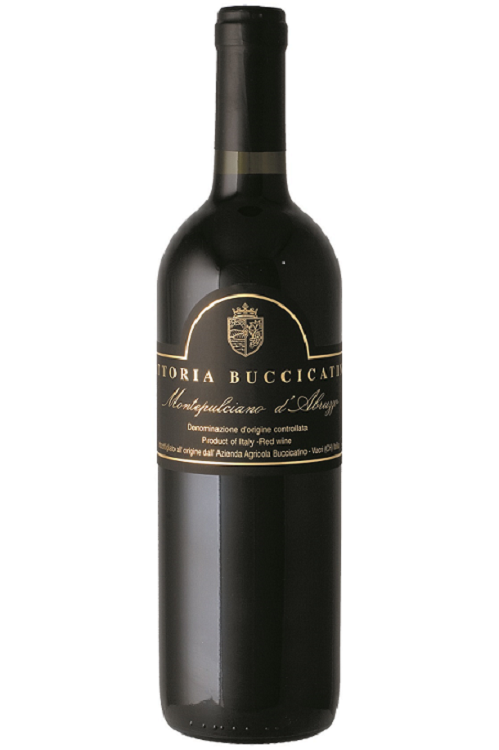We make natural or sustainable, or lutte raisonnee or organic or biodynamic wine. Are these attributes marketable? Do institutional buyers, trade buyers, consumers, existing customers care? Should we market these credentials?
The simple goal of marketing is to sell more wine to existing and new customers. To the extent we are successful, we can expand production and / or, based on supply and demand, raise prices. It is fair to comment that building one’s brand is the most obvious goal of marketing, allowing a brand to grow sales and even charge a premium. For the purposes of this article, I will use the word organic as shorthand for all the above mentioned environmental credentials. In a marketing sense, is “organic” a brand? I would argue, yes.
The world is becoming more interested in environmental stewardship with global concerns such as climate change, food production and food safety. Wine can play into this narrative and profit by it. A healthier planet will go far towards staving off ocean rise, mass displacement and loss of food security. It can surely be argued; healthier planet, healthier people. How do we market this to wine consumers? Wine consumers, for the most part, want the best value. Anecdotal evidence and the observation of some retailers is that consumers are unwilling to pay more for organic products but, all other things being equal; quality, price packaging and the like, they will buy the organic wine. We can observe a trend in consumers towards concern for the planet and for healthier food and wine choices. The question boils down to; “Can we drink healthier wine, grown with a lesser negative environmental impact, without paying more?”
Producers have an opportunity, whether in reality or marketing, to cast themselves as the opposite of large agribusinesses. They care about the planet, they have greater passion, they respect their terroir. Respecting terroir plays into the notion that better grapes are grown with fewer chemical inputs; grapes that are more faithful to and reflective of their terroir. After all, if most of the inputs are chemical, does this not detract from or even damage terroir? And don’t the best wines reflect their terroir? This in turn leads to superior, more authentic, even healthier, wines. Of course, some of these broad statements can be challenged but this is similar to much of marketing. Wineries implement their environmental goals in numerous ways; lowering resource inputs such as electricity and water and trying to become carbon neutral. They use renewable energy sources, recycle water, prefer to use gravity rather than pumps, use more environmentally friendly packaging from containers through labels. The goal is to open a marketing gap between themselves and less committed producers, to create the perception, grounded in fact, that they are passionate about their stewardship role and their role as producers, to work with passion, with additional care and attention. They are creating the perception for customers that their passion, care and attention are such that they would make better wine even if farming conventionally!
What about the distribution chain? Retailers are under increasing scrutiny and hence pressure to sell products produced in environmentally considerate ways. Some major retailers and some regional monopolies actually have goals for increasing the number of organic wines on offer. Some retailers also have sections for organic and environmentally considerate products. Wines are often cross marketed with regions and are grape varieties. So, for producers earning an environmental accreditation, there may be additional opportunity for shelf facings. There are some importers and distributors beginning to specialize, or at least give preference to, organic wines. In the interest of lowering the carbon footprint caused by amongst other factors, the use of fossil fuels, they are looking at alternative packaging solutions; lighter bottles, alternative containers, labels made from recycled paper and even shipping wine in bulk and bottling closer to the point of sale. Perhaps well marketed environmental credentials may make it easier to find an importer and distribution. One of the world’s foremost trade oriented wine shows, Prowein in Germany, has an entire section devoted to biodynamic wine! I attended Prowein in 2018 and tasted in this area. I was impressed by the number of offerings, their overall quality, the passion of the producers and the amount of trade interest! Restaurants too, are starting to show increased interest in organic wines, some lists even having a special section for environmentally friendly wines.
In summary, the marketing bullets include planet health, product health, consumer health and wine quality and authenticity. So, how important are environmental credentials in wine marketing? I would answer that for low priced wine; of lowish importance. For medium and high priced wine; somewhat important. But consumers and businesses are becoming more sensitive to environmental considerations and the trend will continue. Today a winery may feel that its customers don’t care or that it wishes to be known for its wine and not its production practices. My prediction is that a few years from now, the market, perhaps even governments, regional wine associations and appellations, will demand a minimum level of environmental accreditation. Wineries, get with the program sooner rather than later as it will support your marketing efforts and may even become law!
Want to experience the purity and definition of a fine organic wine?
Click on the bottle below.
Selected by Peter Koff MW
.
Want to receive complimentary educational posts via email?
Please subscribe below.
Copyright © 2018 GreatWine2U.com. All rights reserved.


